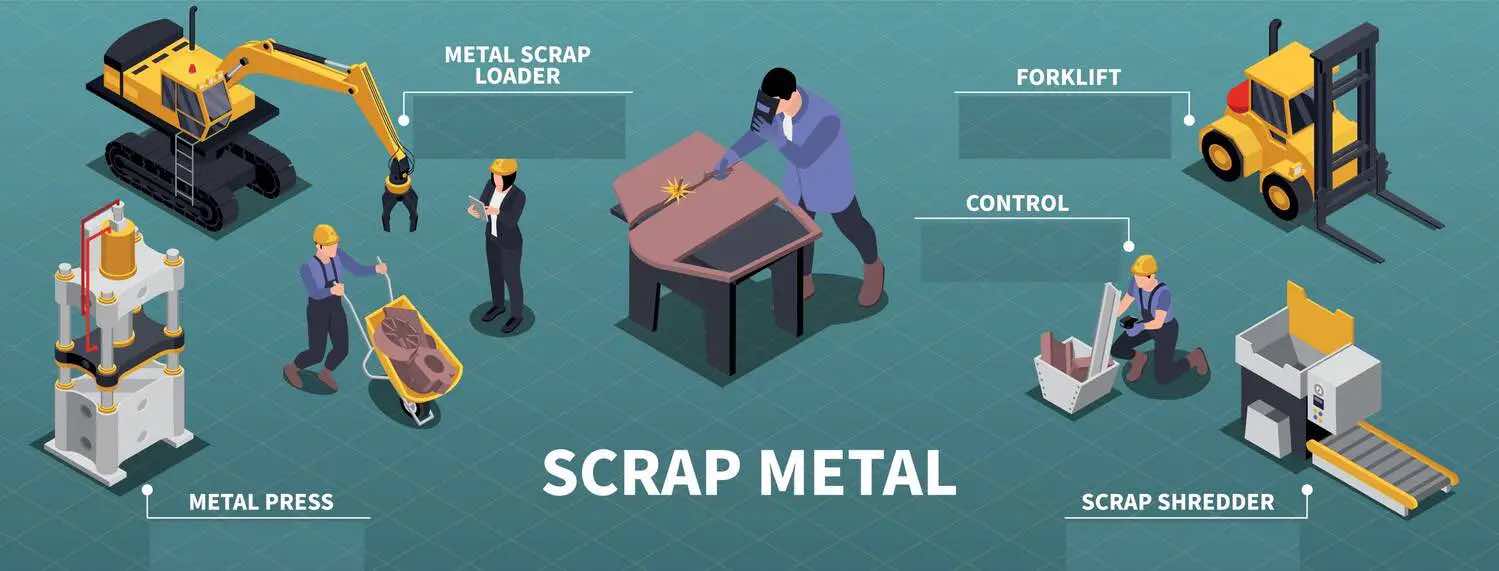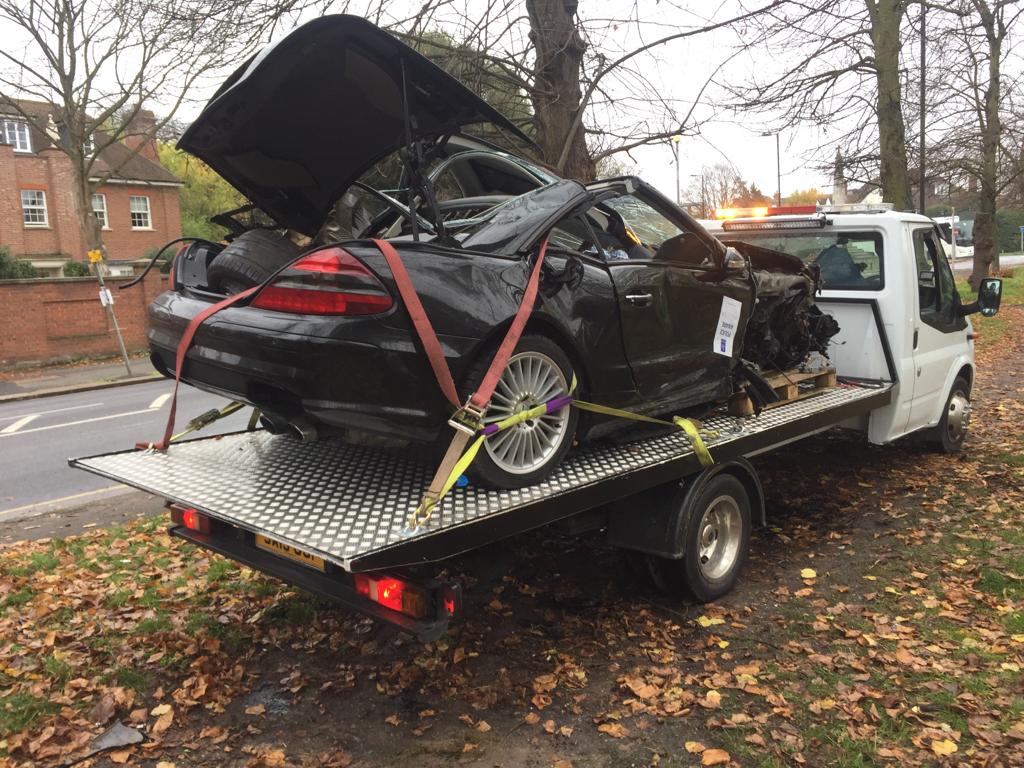Your cart is currently empty!

All You Need TO Know About Scrap Car Towing

Every year, countless cars in the US reach the end of their life cycle. Whether due to accidents, age, or mechanical failures, these vehicles often become more of a liability than an asset. This is where scrap car towing services come into play, offering an eco-friendly solution to deal with old, unusable cars.
The Rise of Scrap Car Towing:
With urbanization and the increasing number of vehicles on the road, the need for effective end-of-life vehicle (ELV) management has become paramount. Scrap car towing services have seen a surge in the past few decades, providing owners with a hassle-free method to dispose of their old cars, often with the added benefit of earning some cash.

How Does It Work?
- Initial Contact: Vehicle owners contact a scrap car towing service, providing details about the car’s condition, model, and location.
- Evaluation: Depending on the service, an instant quote might be provided, or an inspection might be scheduled.
- Towing: Once the deal is agreed upon, the service tows away the vehicle, often at no cost to the owner.
- Recycling & Disposal: The vehicles are then taken to scrapyards where reusable parts are salvaged, and the remaining parts are recycled or disposed of in an environmentally-friendly manner.
Benefits:
- Economic: Owners get compensation for their scrap cars, turning potential junk into an immediate financial gain.
- Environmental: Proper disposal ensures that harmful substances are treated correctly, and recyclable materials are salvaged, reducing the environmental impact.
- Convenience: Towing services provide an effortless solution for vehicle owners, saving them the trouble of finding a suitable disposal method.
Regulation & Standards:
Both federal and state regulations are designed to ensure the safe and lawful disposal of vehicles, protecting the environment, and preventing fraud. Sellers should be aware of these regulations, not only to ensure their own compliance but also to ensure they are working with reputable and lawful scrapyard.
Here’s a breakdown:
Federal Regulations:
- Resource Conservation and Recovery Act (RCRA):
- For scrapyards: This act regulates the generation, management, treatment, storage, and disposal of hazardous waste. It’s essential for scrapyards to manage fluids and components (like batteries) properly.
- For sellers: Sellers should ensure that the scrapyard or towing company they’re dealing with complies with RCRA regulations. Improper disposal can lead to fines and legal liabilities.
- Clean Air Act:
- For scrapyards: Before crushing or shredding cars, the scrapyards are required to remove and properly dispose of fluids and certain components, including those containing mercury.
- For sellers: It’s the responsibility of the scrapyard to handle these components, but awareness can ensure sellers select compliant scrapyards.
- National Motor Vehicle Title Information System (NMVTIS):
- For scrapyards: Scrapyards and salvage yards are required to report to NMVTIS. This system was designed to prevent fraudulent vehicle sales and to keep stolen cars from being resold. Yards report on the cars they’ve received and ensure they aren’t stolen.
- For sellers: Sellers can check the NMVTIS database to ensure they’re dealing with a reputable scrapyard.
State Regulations:
States can have additional regulations on top of federal ones:
- Title Transfer:
- For scrapyards: Most states require scrapyards to verify the title of the vehicle, ensuring it’s legally owned by the seller.
- For sellers: Sellers need to provide the vehicle’s title to the scrapyard. If the title is lost, they might have to apply for a duplicate.
- Environmental Regulations:
- For scrapyards: States have specific environmental regulations on how vehicles should be dismantled and disposed of. This might include regulations on fluid disposal, tire disposal, and more.
- For sellers: While the primary responsibility lies with the scrapyards, sellers should ensure that they’re selling to a yard that follows state-specific environmental regulations.
- Business Licensing:
- For scrapyards: Many states require scrapyards to have a specific business license to operate.
- For sellers: Checking for a valid business license can help sellers determine the legitimacy and reputation of a scrapyard.
Scrap Car Towing FAQs
Does my vehicle have to be complete?
No. Missing mirrors and such is not a concern. Scrap Yards will request tires be on the car for easy towing. Flat tires are OK. The tyres are only needed to pump them up for the short haul. The tires will last until it gets to the scrap yard.
I don’t have my car keys
This is not a problem. All that’s needed is your permission to move the car. Experienced ‘scrap’ tow truck drivers have lots of knowledge in this area.
Do Scrap Yards collect cars on the weekends?
Yes, they understand that you might be working during the day in the week. Most yards will pickup scrap cars late in the evenings during the week and on Saturday morning.
Can I keep my license plate?
You can take your plates off yourself. Most scrap drivers have tools to remove your plates, they usually take them off and give them back to you. They are registered with you. For security reasons, it is a good idea for you to hang on to them or bring them to the Drivers Renewal location, the next time you are there. Some people add them to their playroom as art.
Do I have to be present at the collection?
No, scrap yards can make arrangements for you to leave the keys and documents somewhere. They understand that sometimes your vehicle may not be in the same location as you.
Find Scrap Car Towing Companies Near Me – Map
If you are looking for more “Scrap car towing companies”, the map below shows options in your area. The map is a dynamic display, so interact with it to hone in on your locale.
Conclusion:
Scrap car towing in the US plays a crucial role in ELV management. It not only provides a convenient solution for car owners but also promotes environmental sustainability. As the number of vehicles continues to rise, services like these ensure that the environmental footprint of the automotive industry remains in check.
 info@scrapmetalpricer.com
info@scrapmetalpricer.com Brownsburg, Indiana
Brownsburg, Indiana